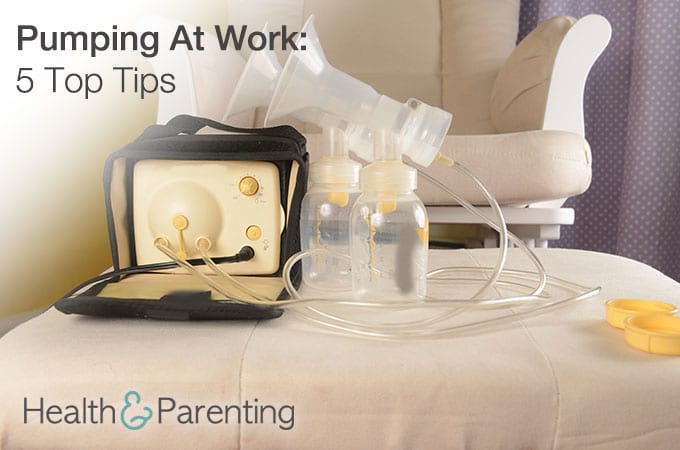For the working pregnant woman, planning for maternity leave is something she needs to think about as she enters the third trimester. In some instances, maternity leave is a no-brainer, and as soon as you deliver you will take leave for the legally allotted amount of time per your employer. In the United States, parents can file for maternity leave under the Family Medical Leave Act (FMLA) which offers 3 months of unpaid leave to take care of personal medical issues – childbirth being one of them. Though some employers do offer paid leave, it is rare in the US. Other countries have much stronger maternity leave laws that support working moms in their transition to motherhood.
What can be most difficult is that you don’t necessarily know exactly when your maternity leave will start. Ideally, your maternity leave would commence upon labor and delivery. However, if you have any medical conditions (such as pre-term labor) that put you on bed rest, your maternity leave will start earlier. This is why it is important to begin planning at the beginning of or near the third trimester.
The first order of business is to speak with your human resources officer to find out what your company offers. Learn what laws exist in your country. You may also want to save up your vacation time so that you can take paid leave time to be with your baby. This may involve rescheduling or cancelling your vacations. Additionally, if you love your job and want to return to it – this can be an ideal time to discuss work-from-home or telecommuting options with your employer. This option can buy you more time to be home with your baby after delivery. Many employers today are open to new working conditions.
If you are dreaming of quitting your job to be a stay-at-home mom, you need to make sure you and your baby have health insurance. If your job provides the health insurance, quitting your job without an alternative plan can be financially devastating. If you plan on quitting, it is important to communicate as such to your boss beforehand, out of courtesy, but also so you don’t burn any bridges you may need to cross a few years later when you reenter the workforce.
Be reminded that discrimination against pregnant woman is illegal. You have both legal rights and responsibilities that are clearly outlined in laws to protect you and your job. That being said, it is important to communicate with your boss and employers throughout your pregnancy so that they aren’t blind-sided by you leaving.
Another aspect of planning for maternity leave is getting your work house in order. Train others to do what you do, make sure that your files and professional works are easily accessible, and make sure your office is clear of personal items that others may find upon your absence when rummaging through your office. If all of your professional ducks are in a row, you will feel more comfortable leaving your job. It can alleviate some personal stress in the later months of your pregnancy and early postpartum.
Your maternity leave is a time in your life you will cherish forever. These weeks and months will enable you to get to know your baby and ease you into the realities of being a mother. By planning early, talking with your employer and helping others to plan for your absence, you will be able to enjoy this time to the fullest.
Written By Stef, Mom of 4 @Momspirational
This information is not intended to replace the advice of a trained medical doctor. Health & Parenting Ltd disclaims any liability for the decisions you make based on this information, which is provided to you on a general information basis only and not as a substitute for personalized medical advice. All contents copyright © Health & Parenting Ltd 2018. All rights reserved.













